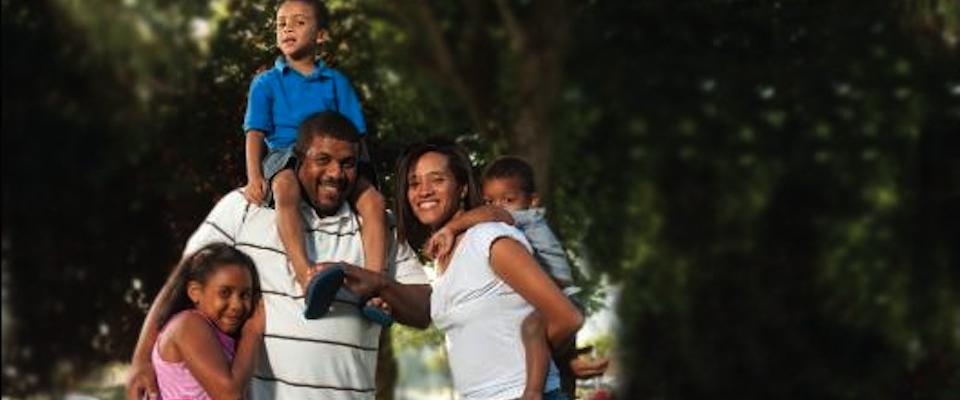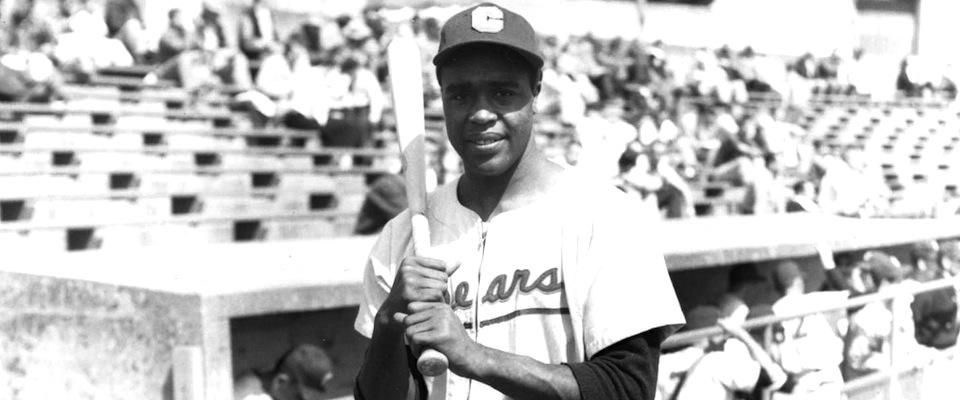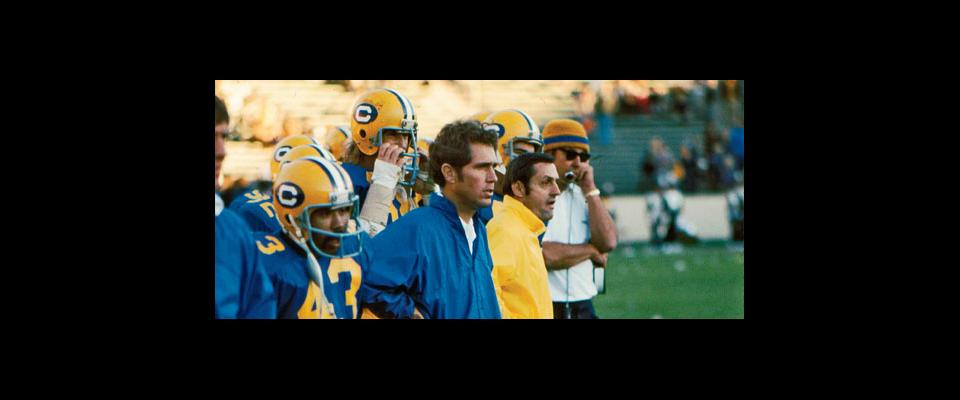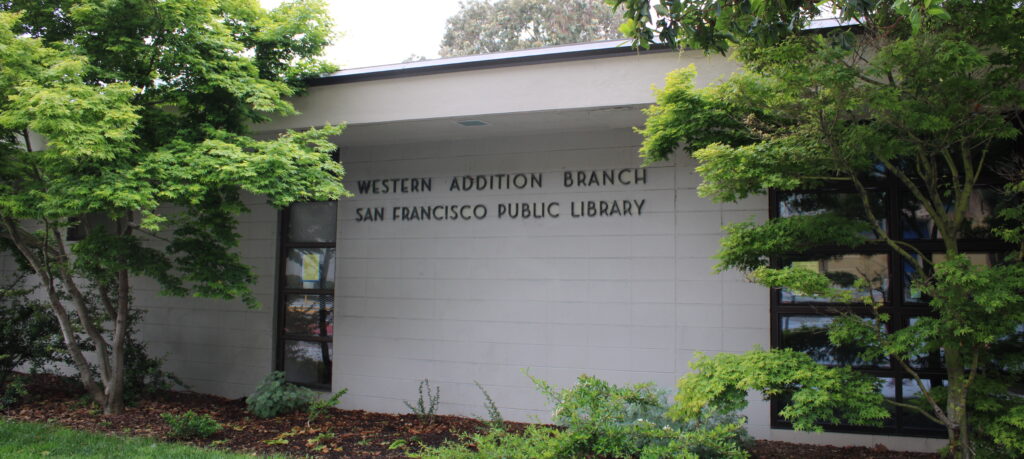On the sidelines with Russell White.
Russell White ’93, the all-time leading rusher in Cal football history, sat alone on a Friday afternoon late last fall, watching from the bleachers as Castlemont High kicked off against East Oakland rival Skyline. At the time, White was nominally a Castlemont coach, but as an “assistant offensive coordinator” he was about eighth on the depth chart. Instead of standing on the sidelines during the game, he’d climbed into the stands and was talking to the head coach via headset. When Castlemont got off to a slow start, the energetic young head coach threw a fit, jumping up and down on the sideline, tearing at his headset, screaming at his players. White just chuckled and pulled out a bag of sunflower seeds. “That’s why I’m glad I’m up here,” he said.
Which makes you wonder: Why the hell was Russell White glad he was up there? Because if you knew him when he was at Cal, you would have sworn he was destined for much bigger things. After all, this is a guy who, in one moment in 1991, electrified more football fans than Castlemont High School has drawn in a decade, a guy you can still find on YouTube “hurdling” an upright defender, actually vaulting over the head of a full-grown man.
At one time, Russell White was the best player on the eighth-ranked college team in the country, a sure bet for a multimillion-dollar contract and NFL stardom. Now here he was, 38 years old and 50 pounds over his playing weight, a stay-at-home dad who once lived with his aunt in suburban Hayward while his wife applied to nursing schools. You’d reasonably expect Russell White to be frustrated or bitter or depressed about his situation. But he wasn’t. He was happy and that seemed odd.
Even at Crespi High School in Encino, Russell White was the kind of football player who comes along once in a lifetime. He still holds many of the school’s records—his 5,998 yards rushing tops Crespi’s second by some 2,500 yards. Not surprisingly, major college football programs, including Pac-10 powerhouses like Washington and Southern California, recruited White.
The problem was that his grades weren’t good and his test scores were terrible. He took the SAT five times and never scored more than 700 out of a possible 1,600. When White listed Cal as one of his top five potential schools, it seemed almost like a bad joke. He couldn’t want to go to Berkeley—the school’s football program had been in the basement for years. And Berkeley, crown jewel of public higher education, couldn’t possibly want him, given his academic record. Yet, as White recalls it, every time he submitted the list of schools he most wanted to attend, Cal was there. And somehow, in a surprise even to himself, that’s where he ended up.
Partly, that was thanks to his mom and grandmother, both of whom wanted him to get a good education. Dave Maggard, Cal’s athletic director at the time, remembers the two women sitting in his office, saying they wanted Russell at Berkeley, and recalls asking them, “‘Is Russell going to do everything we ask him to do to see him through?’ And they said, ‘Absolutely.'”
An NCAA rule in effect at the time said that college-bound athletes who didn’t qualify for admission academically could nevertheless accept an athletic scholarship to a university with the special approval of the chancellor, as long as they sat out their first year of sports to focus on coursework. The chancellor, based on Maggard’s recommendation, signed off, and a year before White started football, he began his Berkeley education.
That first semester wasn’t easy. He still remembers walking around with his head down so often that a counselor told him, “Man, they don’t even know what your eyes look like.” When he went home for Christmas, he wasn’t sure he wanted to go back. His mom intervened and made it abundantly clear to her son that staying home was not an option. Helen Robertson backed up her promise to Maggard by sitting her son down and telling him he was going to finish what he had started. “We have a little talk and he says he doesn’t think it’s for him,” she recalls. “I said, ‘Well, you might not think it is, but I do, so you’re going back.'”
White went back to school in January and asked for tutors for every class. He wanted a busy schedule so that he would always have something to do. And when he looks back now, he says he knew from the moment he got back to campus that he was going to complete his degree. A few months afterward, tutors with the University’s Athletic Study Center did some tests and determined that White was dyslexic. No one in his first fifteen years of education had ever noticed. Once diagnosed, his academic performance improved dramatically.
Also spurring him, White said, was all the criticism: Newspapers editorialized against his admission. Students with perfect GPAs and great test scores groused at being rejected for the sake of jocks like him. Even faculty members complained. One professor in particular got under his skin: Harry Edwards, the sociologist who inspired the infamous Black Power salute of the 1968 Olympics. One of the leading voices in the country on race and sports, he was especially critical of the University’s decision to admit White.
Edwards is retired from the University now but still lives in the East Bay. He told me he had never criticized White personally but that the athletic department spun it that way to keep him away from their prized running back. (The two never met.) Rather, Edwards claimed he was criticizing the way universities in general recruited athletes—particularly black athletes—for their athletic talent, then forgot about them when they were done playing.
“This notion that you come in and give us your football, we’ll give you a quality education, is just so much hucksterism and deception,” Edwards told me. Major college football programs, he said, were set up to take advantage of the athlete but didn’t have corresponding resources to make sure the athlete took advantage of the university. “It’s important that you have, not a plan B—because football’s the plan B,” Edwards said. “Plan A has to be getting an education.”
Unlike many athletes, White did complete Plan A, and he still credits Edwards for providing the extra motivation he needed—”fuel to my fire,” he called it. He also allows that he may have misunderstood Edwards’s position. And in the way White talks about it, there’s a hint of regret that the two never spoke.
For his part, Edwards asked me to give White a message. “When you do talk to Russell White,” he said, “tell him I said congratulations.”
It took Russell White a while to adjust to the classroom. It did not take him long to adjust to football. In his first home game, against the No. 3–ranked University of Miami in the fall of 1990, on his first-ever touch in Memorial Stadium, White returned a kickoff 99 yards for a touchdown. Cal lost the game, but the football program had arrived and White led the way. In his junior year, White was named All-American and led the team to a memorable 37–13 smackdown of Clemson in the 1992 Citrus Bowl—probably Cal’s biggest bowl victory since the 1921 Rose Bowl. Then things started to change.
After the 1992 season, coach Bruce Snyder—one of the most influential men in White’s life—left Cal for Arizona State. White said he put Snyder “up there on that father level,” and he used the word “great,” repeatedly, to describe the man. “And I don’t give the word ‘great’ to too many people. Like my mom is great. He’s like that level of great.” Snyder’s departure was a turning point in White’s young life.
The running back didn’t get along with the new coach, Keith Gilbertson. White says he and Gilbertson clashed right away.
Once a sure first-round draft pick, White slipped into the third round, where he was picked by the Los Angeles Rams, a team with another premier running back on its roster. After one season in which he rarely played, White was cut. He sat out a year, then tried out for the Green Bay Packers in 1995. He made the team but didn’t last a full season. Getting cut by the Rams had made him angry. Getting cut by the Packers hurt. “That was the longest flight,” White said. “From Green Bay to Chicago, Chicago to LAX, I cried the whole way home. I felt like I gave them everything, and they just didn’t understand my situation.”
He had one more tryout, with the San Francisco 49ers in 1996. This time, he arrived out-of-shape and knew it. He left on his own accord. And that was it: Four years after graduation, White was out of professional football.
He’s been asked ever since if he regrets staying the extra year to get the degree, turning down the millions of dollars and top-round draft-pick status for a piece of paper from the University of California. White has always insisted that he has no regrets. “Football was great, but man, graduation, that was the beautiful thing,” White told me. “That’s what I always tell my kids: If you ever wanna feel something real, get a college degree.”
White has bounced around since leaving 49ers training camp. He worked as a probation officer in Los Angeles for a while and didn’t like it. He did some assistant coaching for his old high school team before being offered a head coaching job for an eight-man team at a small Christian high school in Palm Desert. He spent four years there, coaching football, working as the dean of students, athletic director, and in his final year as a P.E. teacher. In 2007, when an opportunity arose to coach an 11-man squad, he moved the family to Flagstaff, Arizona, but it never felt right.
Finally, White returned to the Bay Area, moved in with his aunt, and stayed home to hang out with his daughter (now 7) and sons (ages 4 and 2). He found he liked being with his family for the little moments he’d missed before. “I never sit back and enjoy the roses,” White told me. “Now’s the time to enjoy them when they’re fresh.”
His mom calls 2008 the year that Russell took “a sabbatical” to bond with his kids. It was also the year that his former coach Bruce Snyder was diagnosed with terminal brain cancer—news that caused White to reevaluate what he wanted out of life. “He touched so many,” White said of his mentor, who died this past April. “You just hope that you can have that kind of impact on that many people. That’s my goal.”
“I’m knocking on 40. I always tell my buddies, ‘It’s time to get right.’ It’s time to figure out where we’re going to be, what we’re going to do. ‘Cause I don’t want to keep doing the same thing at the age of 40 that I did at 30.”
Back in the mostly empty grandstand at Castlemont, Russell White sits a few rows from his wife, Aminah, and the kids. They’re close enough that he can see them, far enough away that they can’t distract him from the game. Not too much, anyway. His youngest, Zachary, whom he usually calls “my little dude,” sneaks a cookie out of Aminah’s purse when she’s not looking, and White belly-laughs with pride.
As Castlemont runs out the clock on a victory, White takes off his headset and walks down to the sideline. He stands by himself on the periphery of the players, grins and says, “It’s so exciting down here.” Around him is pretty much everything he values: his family, the players he mentors, and a football field.
Most people fail to meet the highest expectations placed on them, and the expectations placed on White were much higher than for most. But in the end, failure and the way he dealt with it are what make Russell White the man he is. Watching him, you begin to accept that high achievement and the expectations it creates are not the only paths to happiness.
White says people still come up to him to describe what a great feeling it was to watch him play football. “They’re talking about a whole different dude. My favorite word is, I transitioned from that guy. Football’s what I did as a young man. I’m a grown man now. I’m about my kids, my family, my career.”
Still, White admits the transition hasn’t been painless. “There were times, don’t get me wrong, where it just hurt so bad, and there were times where stress levels were very high,” he told me later. “And the main thing you try and do is just slow it down and try and figure it out. If you take the time to walk it, you’re going to get there safely. And that’s the approach I take on life. I’m not going to rush.”
Back in 1991, after Cal got off to a 4–0 start on the season and shot up the rankings to number 13, a Sports Illustrated reporter asked Russell White what he wanted to do with his life. The star running back said he wanted to be a junior high school counselor. “Too many of them want to be Magic or Michael,” he told the magazine. “They should come with me. I can show them a different way. I don’t want them getting to 12th grade, sitting in front of some test that’s going to influence the rest of their lives and drawing a blank. I can be a positive influence. I really think I can.”
A little less than a year ago, White took a job in San Francisco counseling teen runaways and learning the ins and outs of nonprofit management with an outfit called Huckleberry House. The organization posted a short bio of him on their webpage. It begins: “Russell White has a history of working with youth beginning in 1996. He has a Bachelor’s Degree in Social Welfare from the University of California at Berkeley.”
It goes on to say that, back in the day, he also played some pretty good football.






















